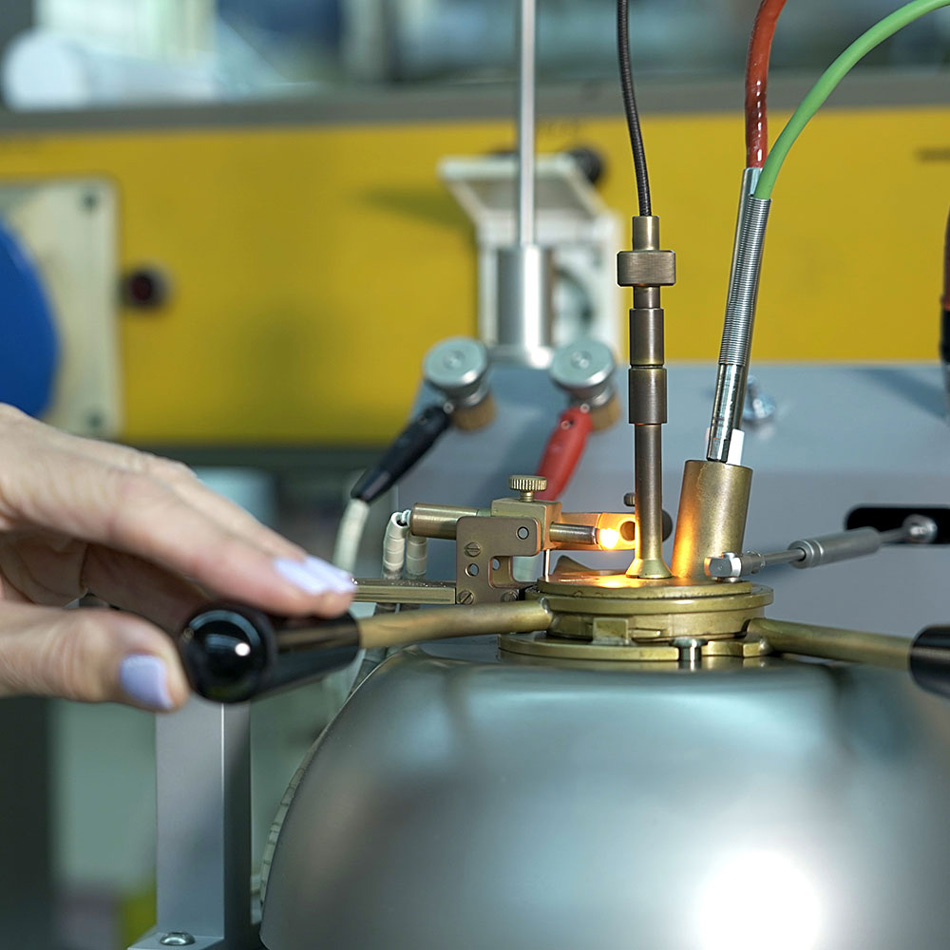Laboratory of Fuel Technology And Lubricants (LFTL/NTUA)
The Laboratory of Fuel Technology and Lubricants (LFTL) of the National Technical University of Athens is the key expert in Greece in issues dealing with fuel and lubricants. The total record of research projects that have been carried out in all sectors of the energy field, varying from fuels and lubricants of the automotive industry, heating fuels, marine and aviation fuels and lubricants, solid fuels for power generation stations, environmental emission measurement and analyses, fuel additive evaluation, gaseous fuels analysis and evaluation, plus many more, is about 100. During the last 15 – 20 years the emphasis of its activities have been mainly concentrated in the development of biofuels and the fuel quality monitoring system, applied mainly to problems related to the supply and distribution chain of the commercial petroleum companies operating in Greece. The development of novel methods regarding the fuel quality monitoring by the LFTL, led the relevant ministries (Ministry of Environment and Ministry of Economy) to adopt its methods into the national standards for daily fuel quality monitoring. Its involvement with biodiesel use in local agricultural vehicles in the country, together with a local oil company during the decade 1990 – 2000, earned the national recognition of the laboratory as the leader in biodiesel issues. As a consequence, it was chosen by the Government to assist with the introduction of the necessary legislation of biofuels into the Greek Market in 2004. Currently, its members assist the National Standards Organization of Greece (ELOT) to set the fuel quality standards through the Technical Committee 66, aligning them with the respective EN standards of the EU. They are also part of the National Representation Committee to CENT TC 19, assisting the EU in its effort to set the European Fuel and Lubricant Standards. LFTL is ISO 9001 certified and accredited by EN 17025.
Professor Lois, as scientific responsible from NTUA, is the national representative of Greece in Technical Committee 66 of CEN for transport fuels. He has several years of experience in fuels and lubricants, and has participated in many research projects either as scientific responsible or as principal investigator. The faculty members of LFTL have many years of experience on fuels and lubricants issues. LFTL members have been participated in many research projects founded my national and European research projects. They also have a very notable representation in the scientific community through publications in scientific journals and participation in scientific conferences. The quality of the research work can be proved from the number of citations in work published by LFTL faculty members. Another important parameter that is significant for the proper cooperation of the research network is that LFTL members have worked on the engine operation and evaluation, and published scientific papers on this topic. This means that they have a clear view of what the mechanical engineering side needs from the fuel and lubricant and can assist them on the selection of the key parameters that can affect the engine operation and performance.
